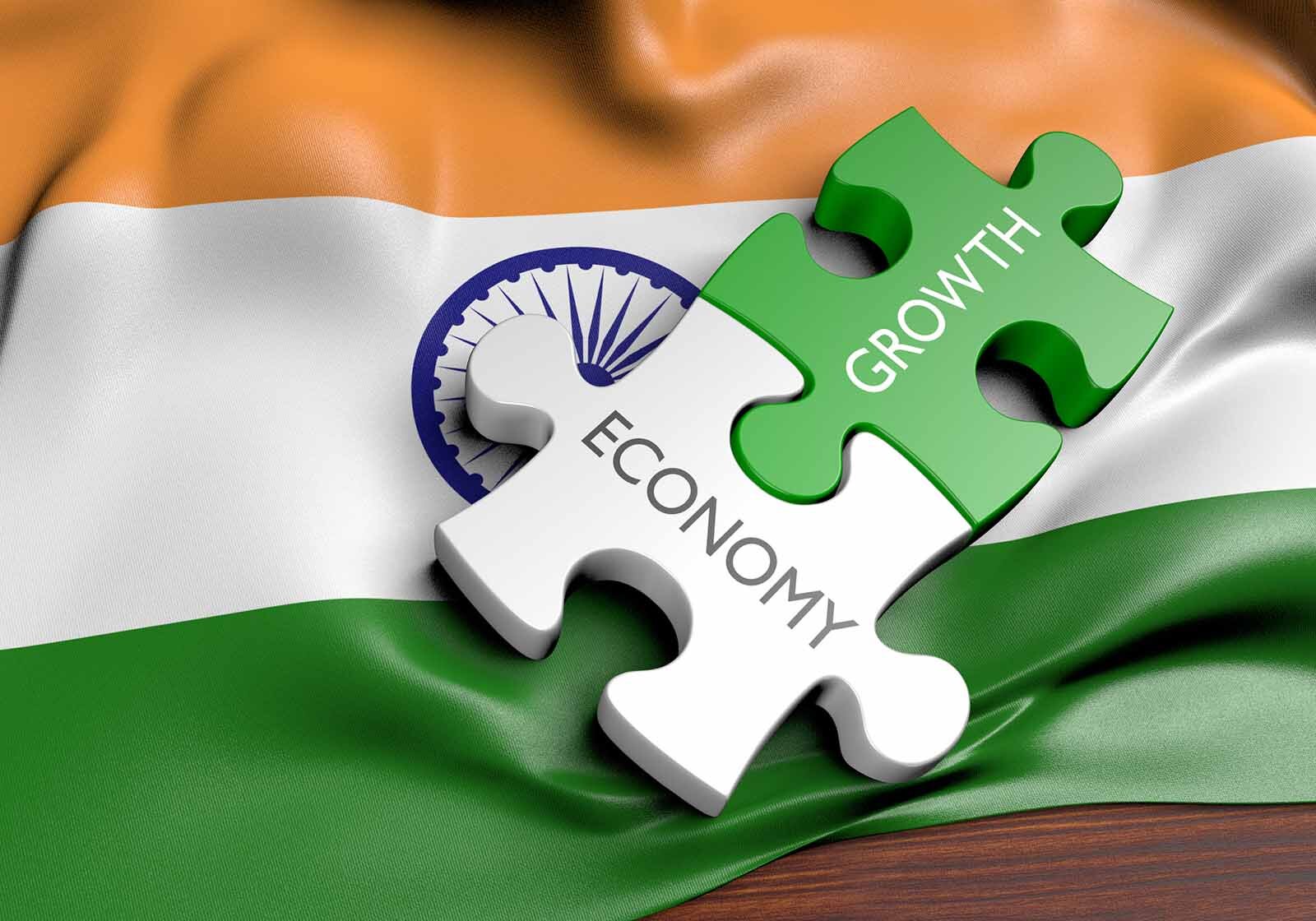As the August 27 deadline for the imposition of 25 per cent US secondary tariffs on Russian oil purchases approaches, analysts and global reports suggest that a cumulative 50 per cent tariff is unlikely to significantly derail India’s growth, thanks to robust domestic demand.
Sectors such as textiles and gems and jewellery – both labour-intensive industries – are expected to face moderate pressure. However, pharmaceuticals, smartphones, and steel are relatively insulated due to exemptions, existing tariff structures, and strong domestic consumption.
According to S&P Global Ratings, the macroeconomic impact of the hike in tariffs would be cushioned by the large size of the India’s domestic market.
However, capital goods, chemicals, automobiles, and food and beverage exports would face the toughest adjustment, the report stated.
The US remains India’s largest export destination for textiles. India, which currently accounts for 9 per cent of US textile imports, is the third-largest exporter to the country after China and Vietnam. Over the past five years, India has steadily gained market share, rising from 6 per cent to 9 per cent, while China’s share has fallen from 38 per cent to 25 per cent. This shift highlights India’s growing importance in US supply-chain arrangements.
According to market watchers, domestic-consumption-driven sectors—including financial services, telecom, aviation, hospitality, cement, and segments of capital goods—are better positioned to weather the global headwinds.
India is the “best placed country in Asia,” amid the global uncertainty triggered by US President Donald Trump’s threat to jack up tariffs, because of the nation’s low goods exports to GDP ratio, according to a latest Morgan Stanley report.
“While India is exposed to direct tariff risks, we believe on balance India is less exposed to global goods trade slowdown considering that it has the lowest goods exports to GDP ratio in the region,” the report stated.
According to a recent Fitch report, the large size of India’s domestic market, which reduces reliance on external demand, is expected to insulate the country from the US tariff hike, with the economy expected to maintain a growth of 6.5 per cent in FY26.
(With inputs from IANS)














